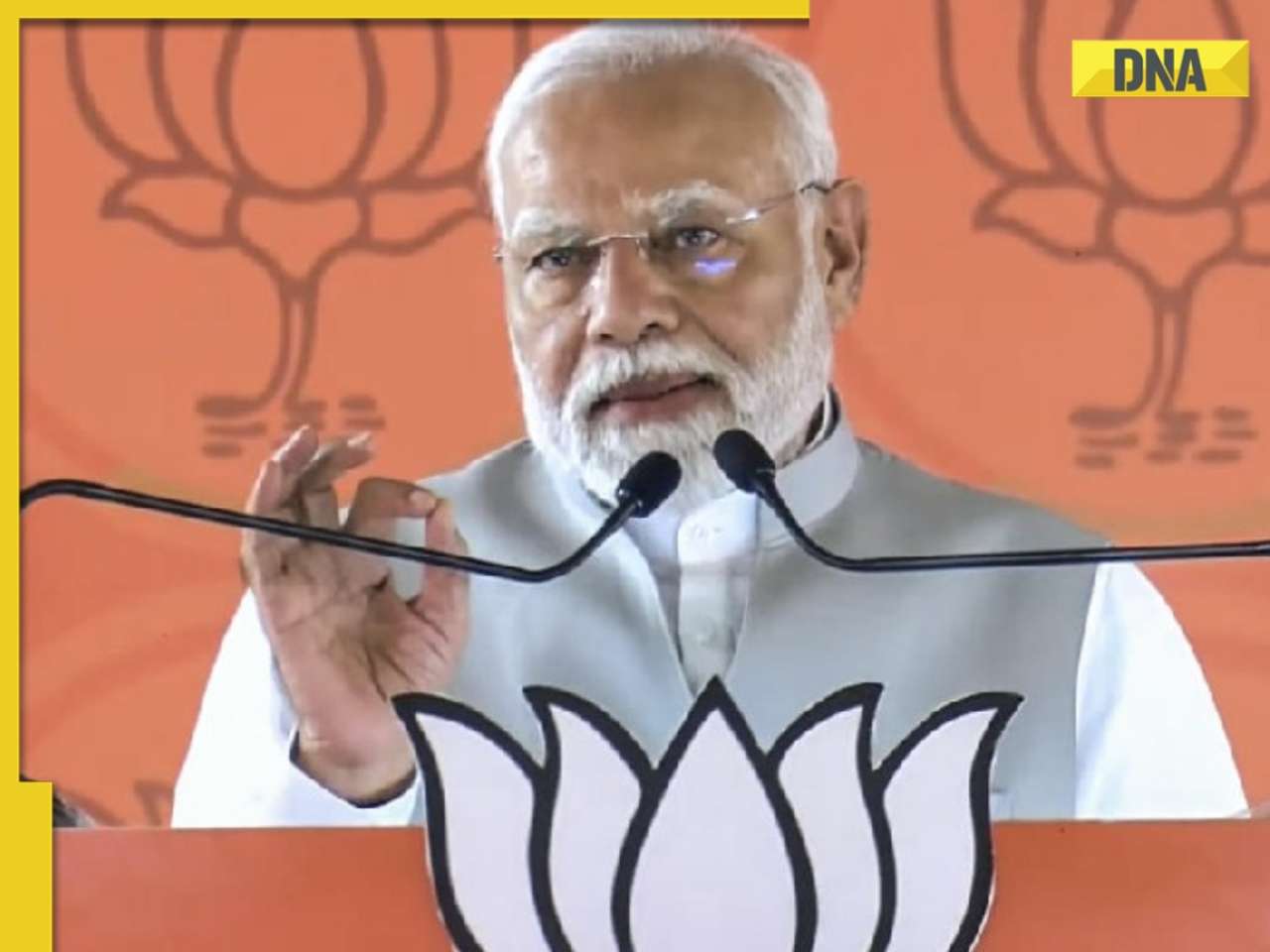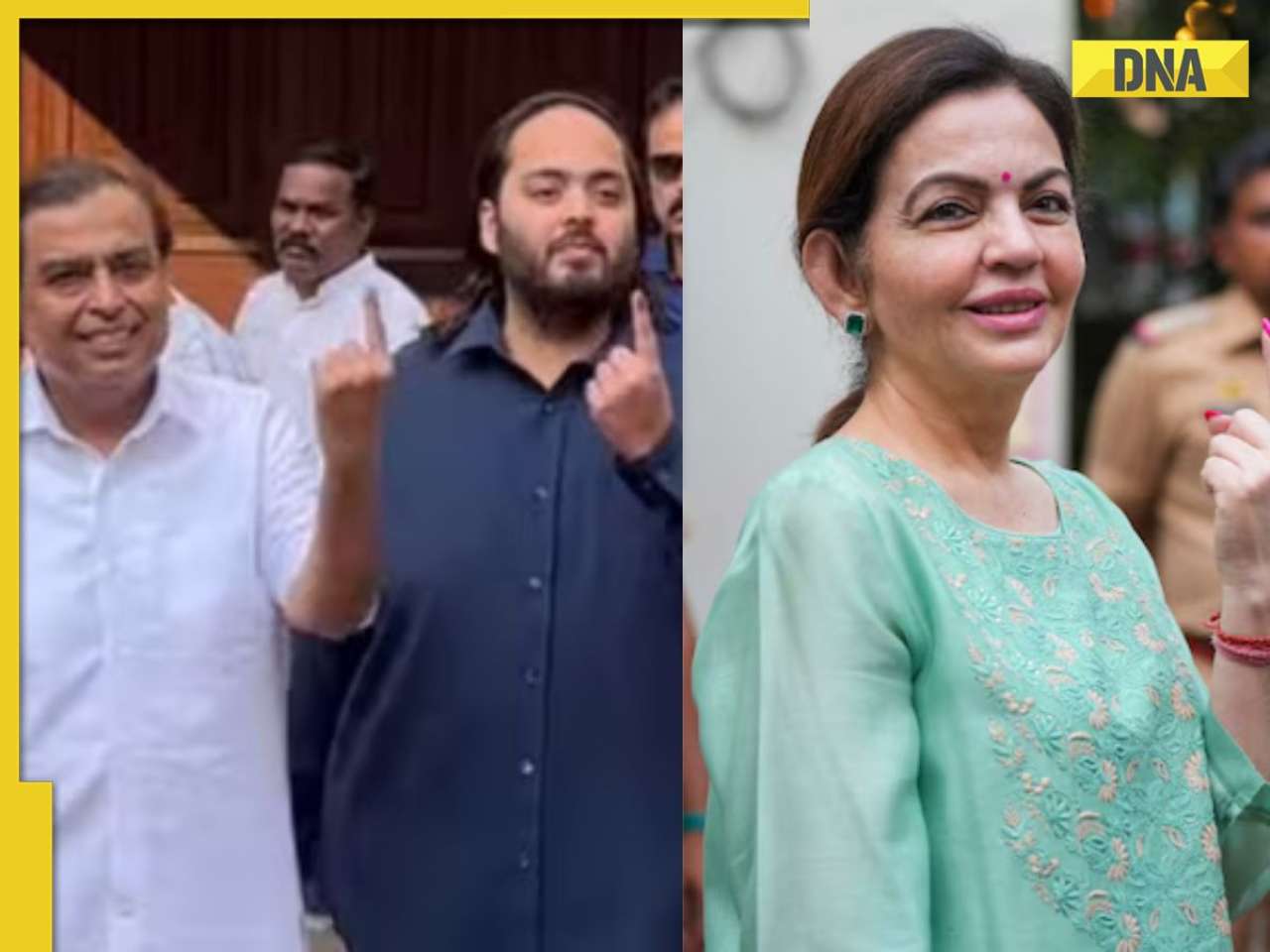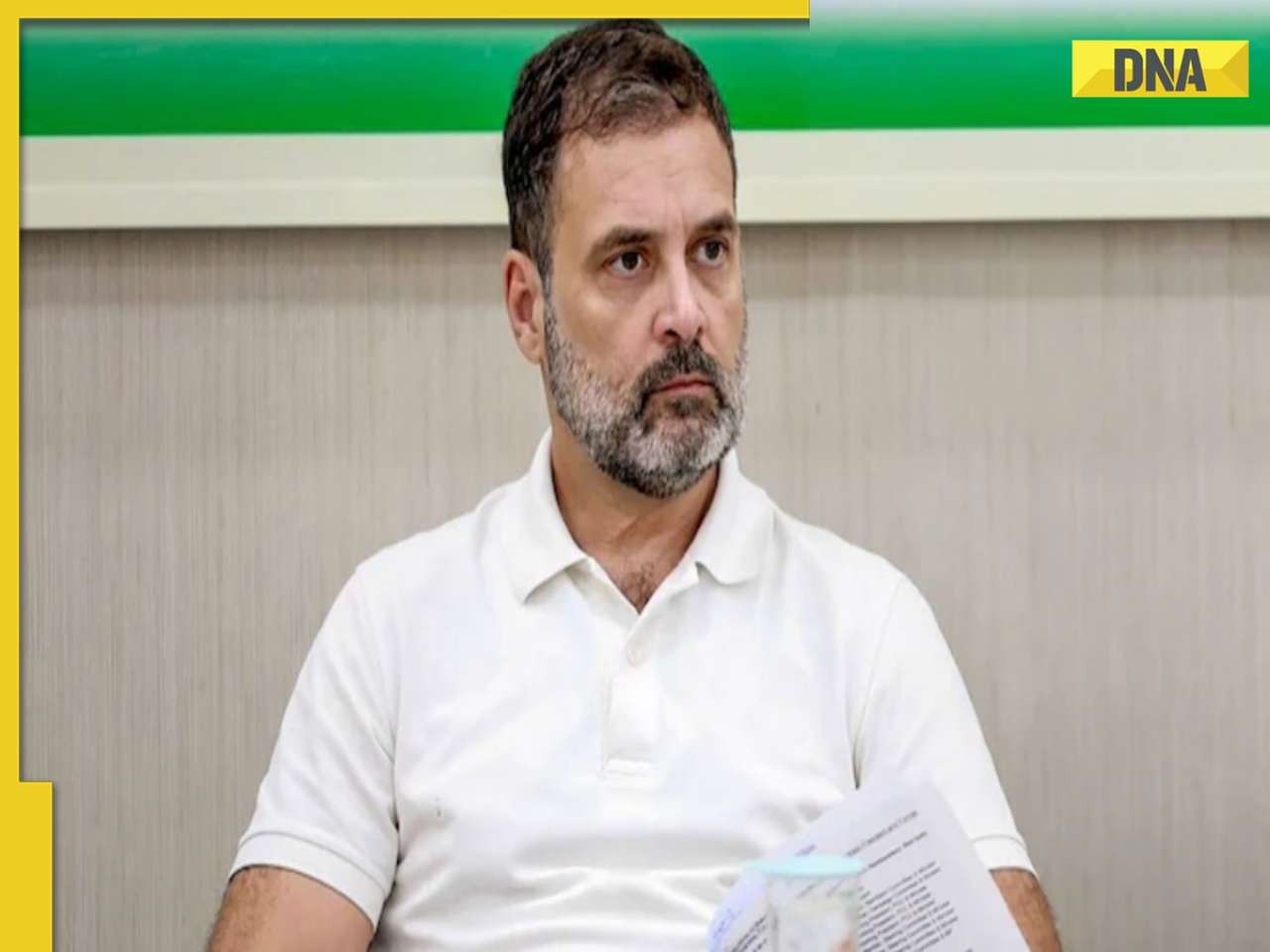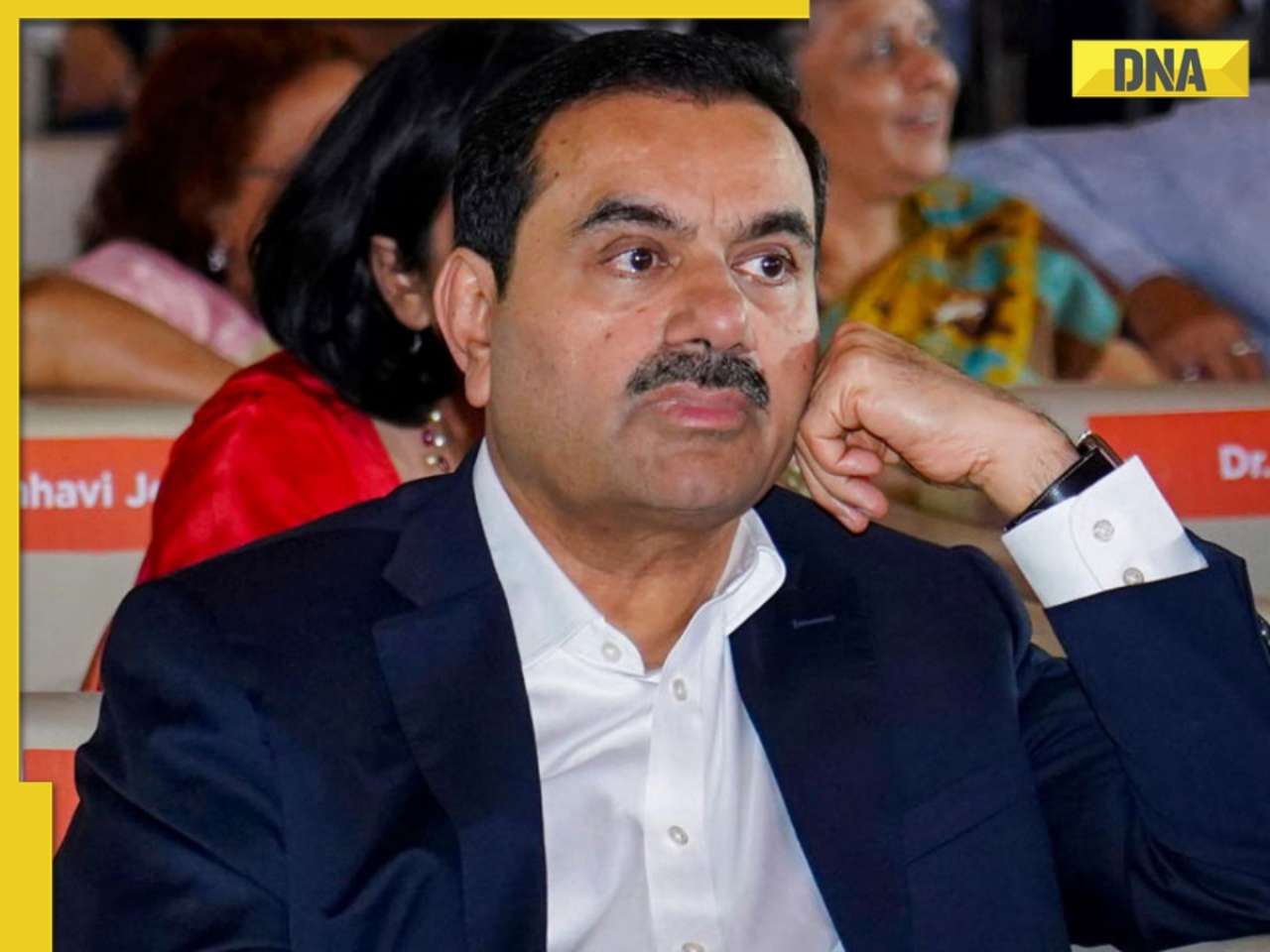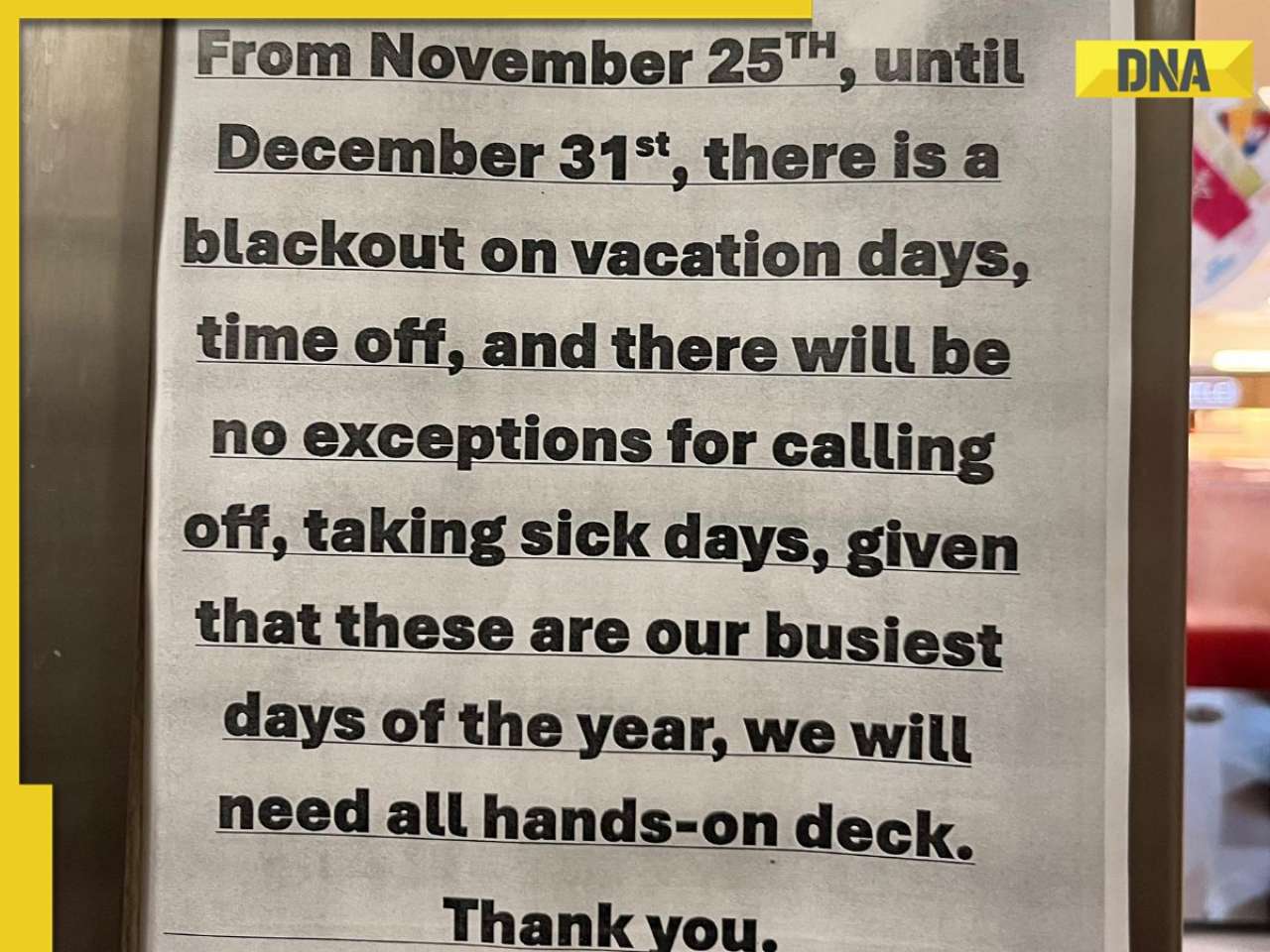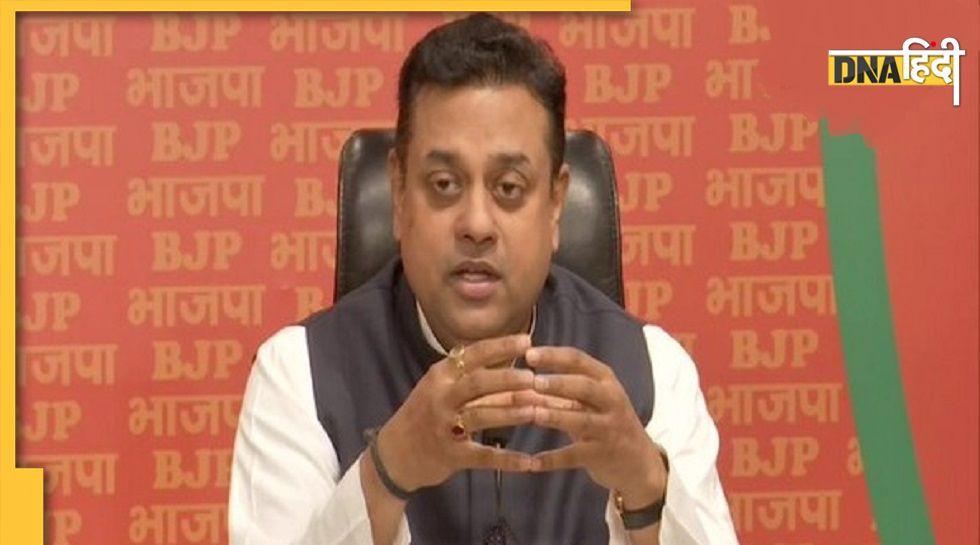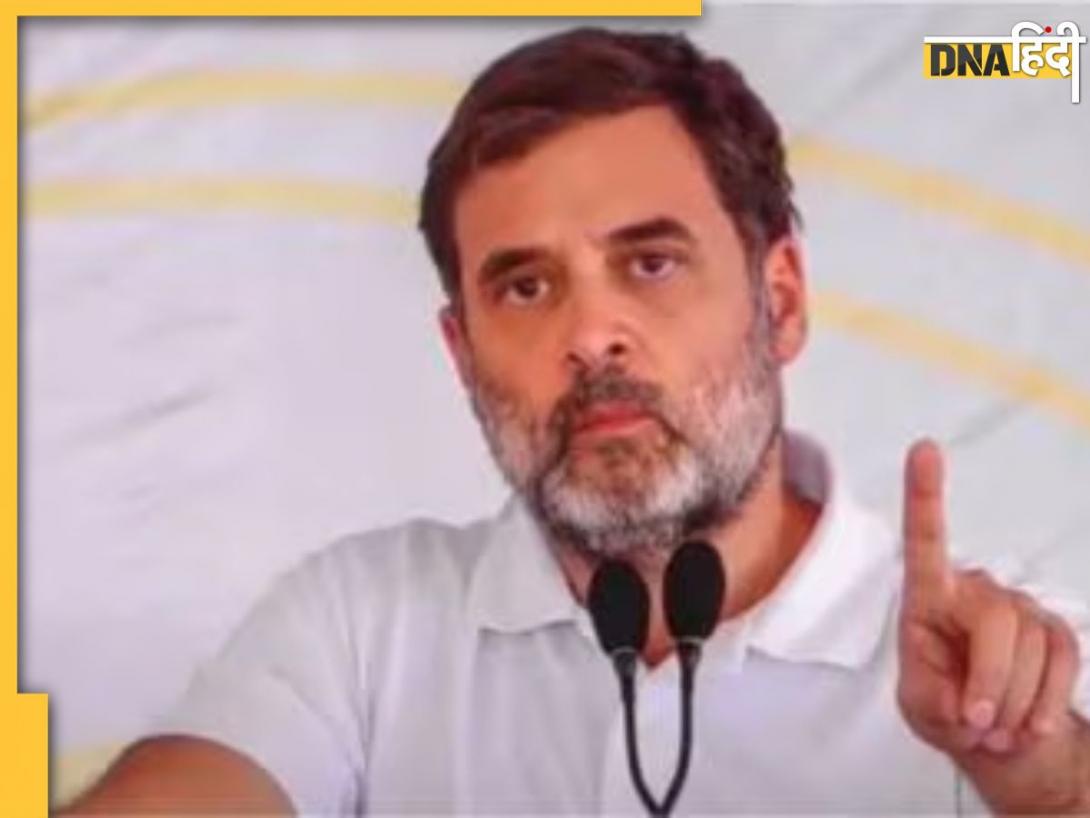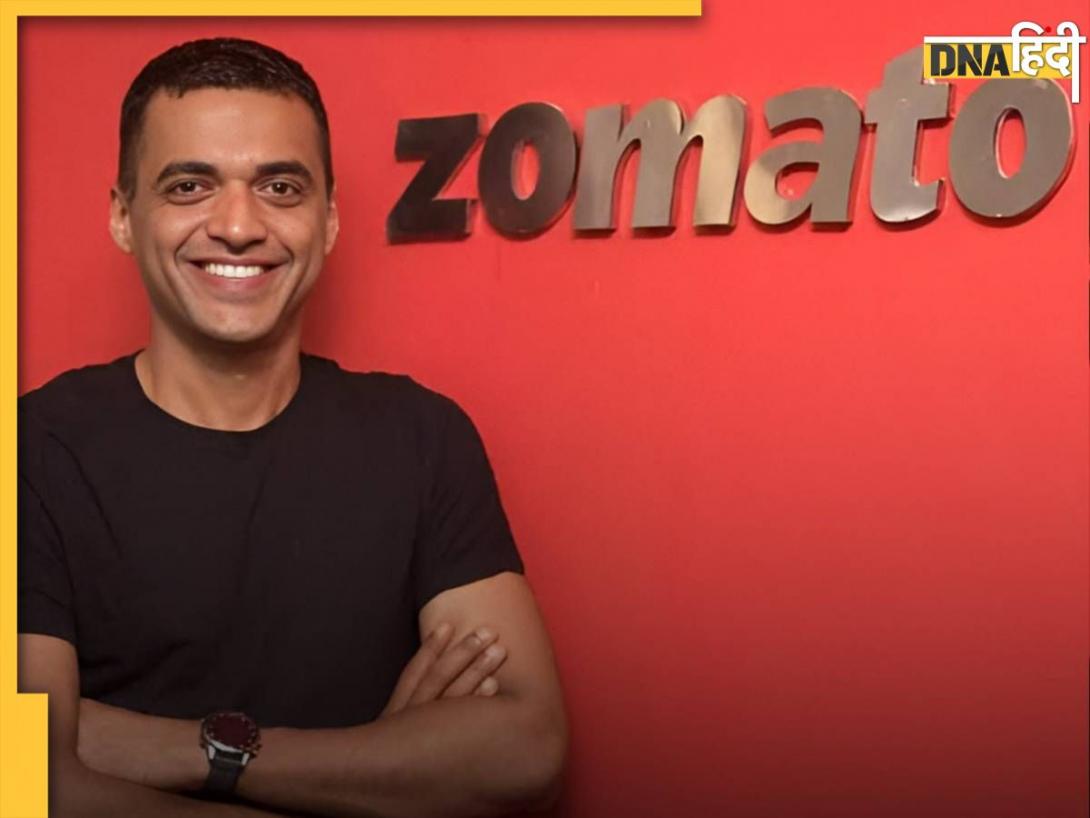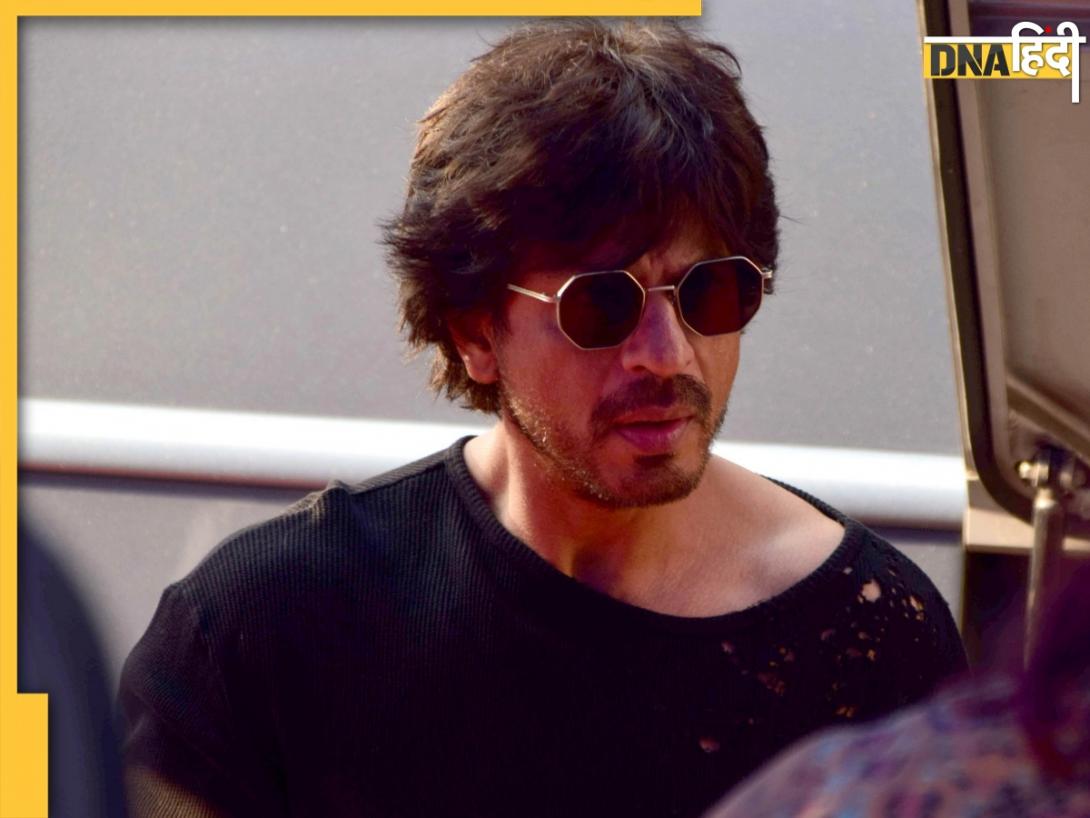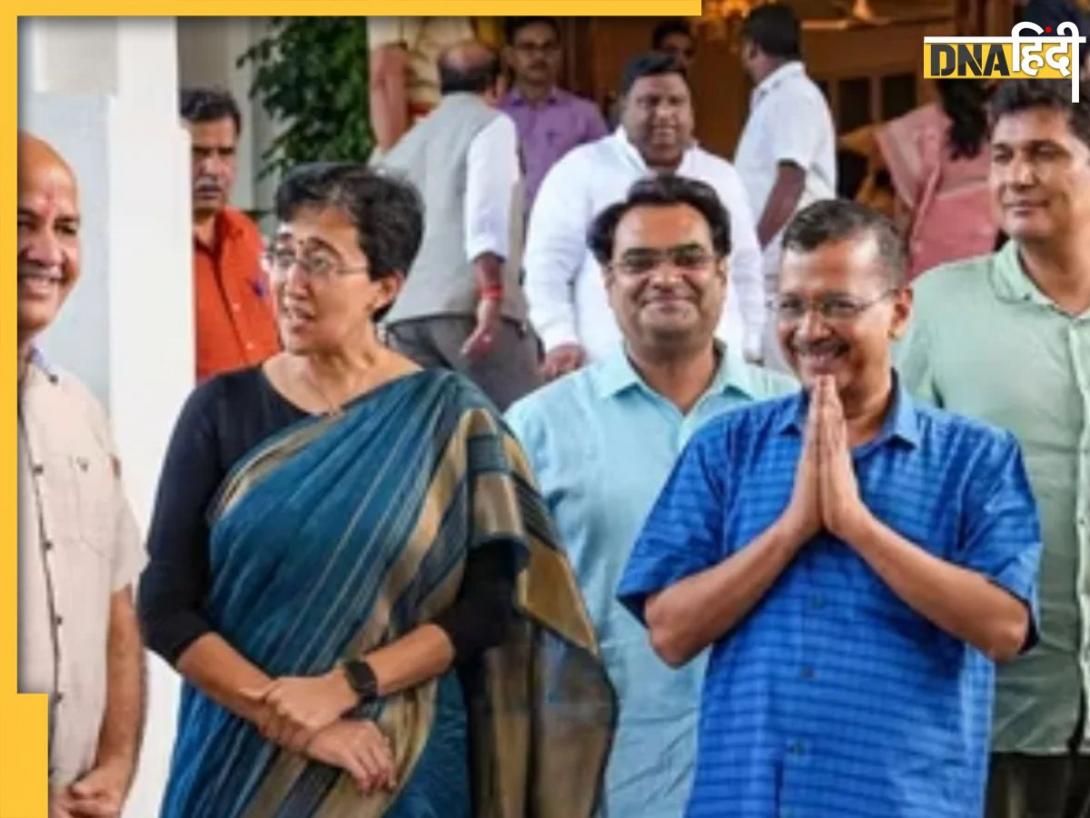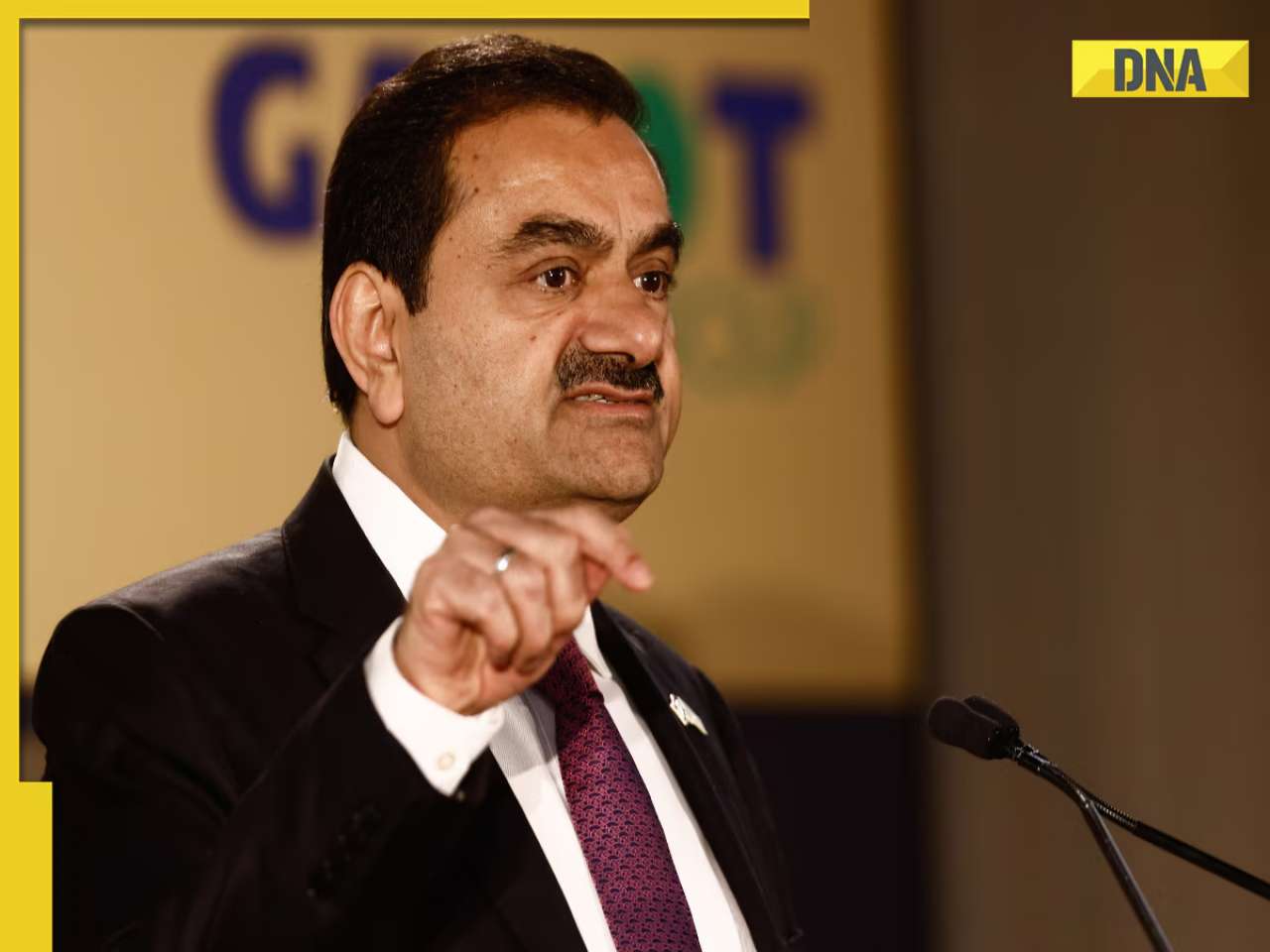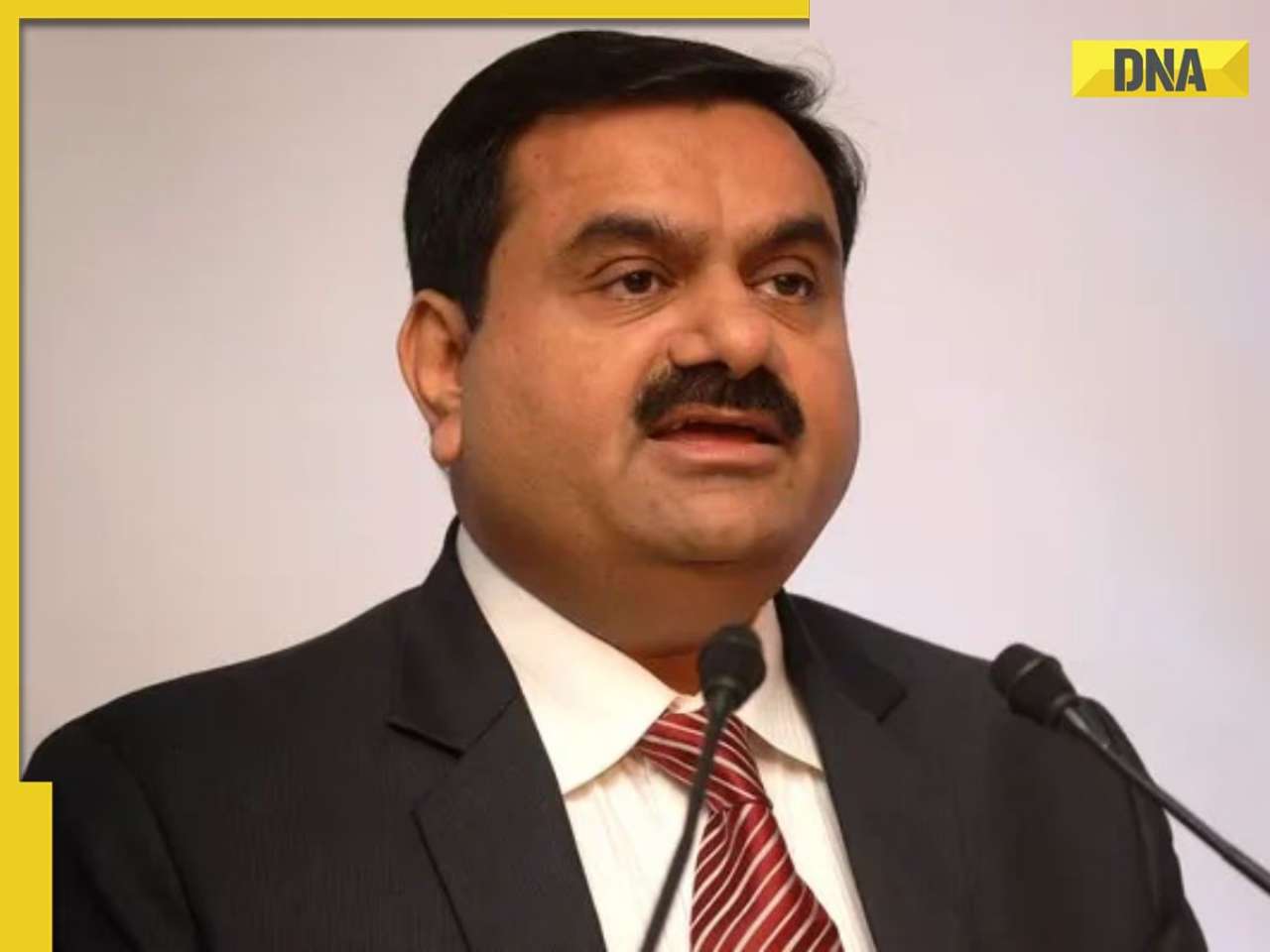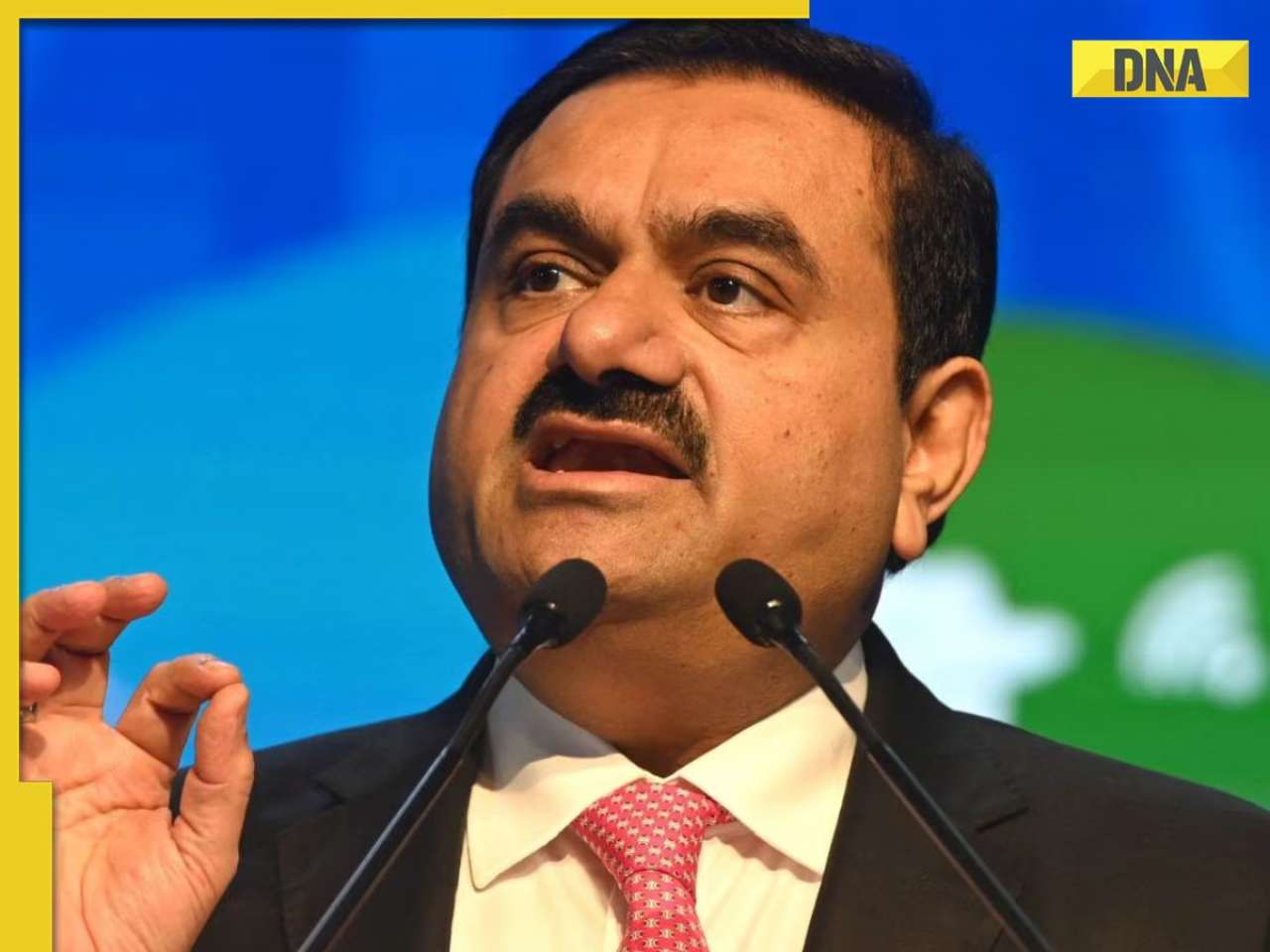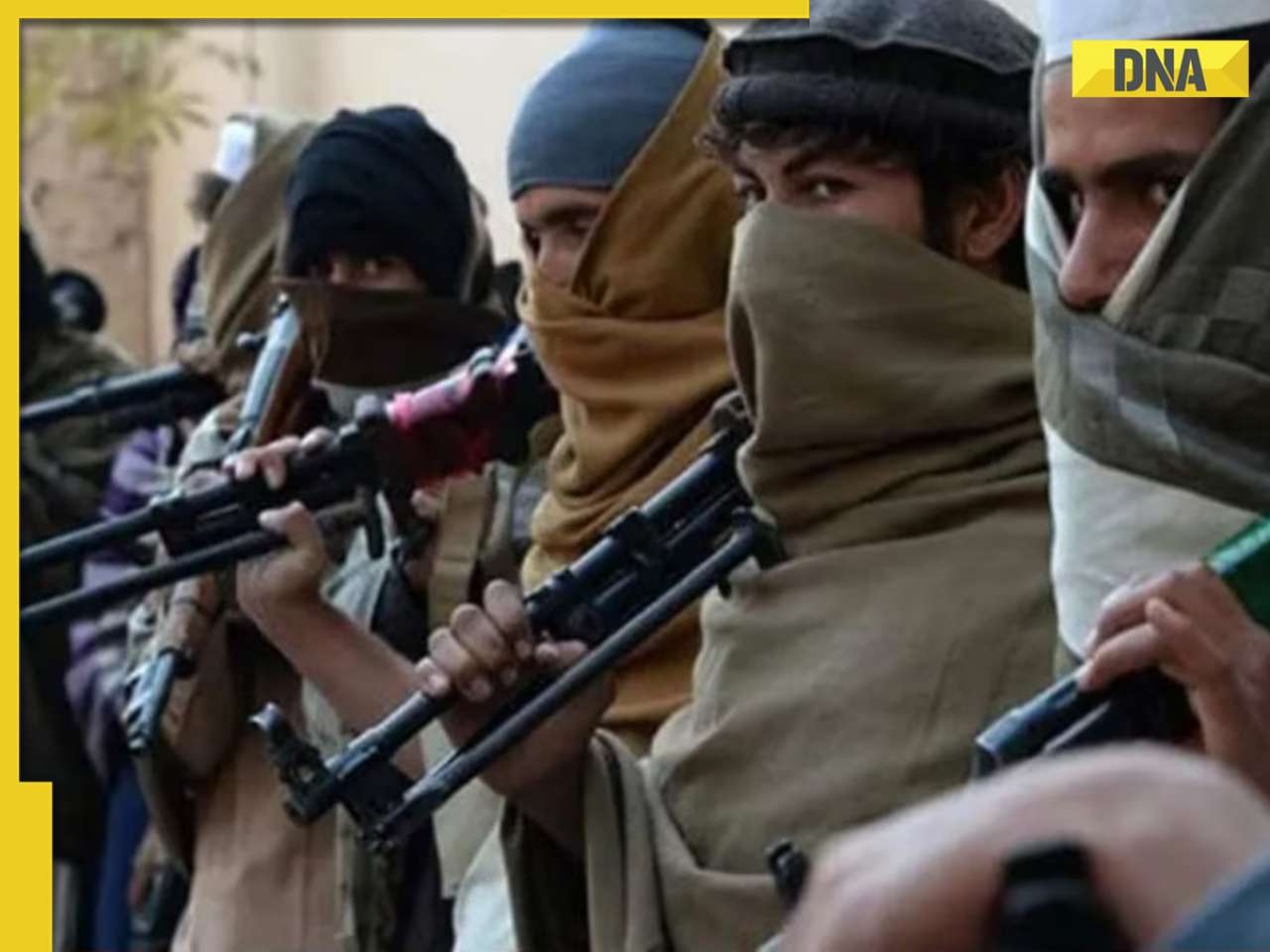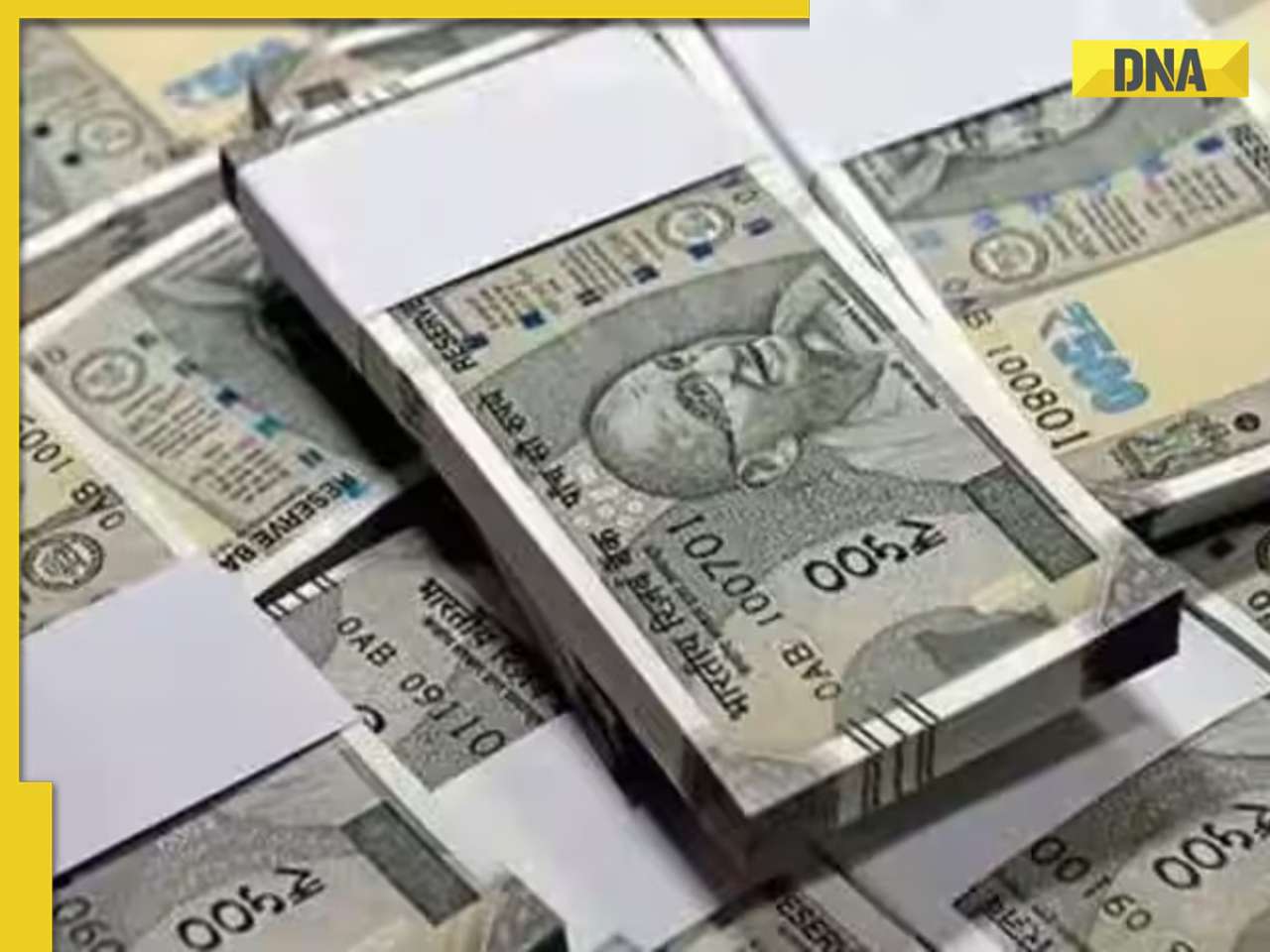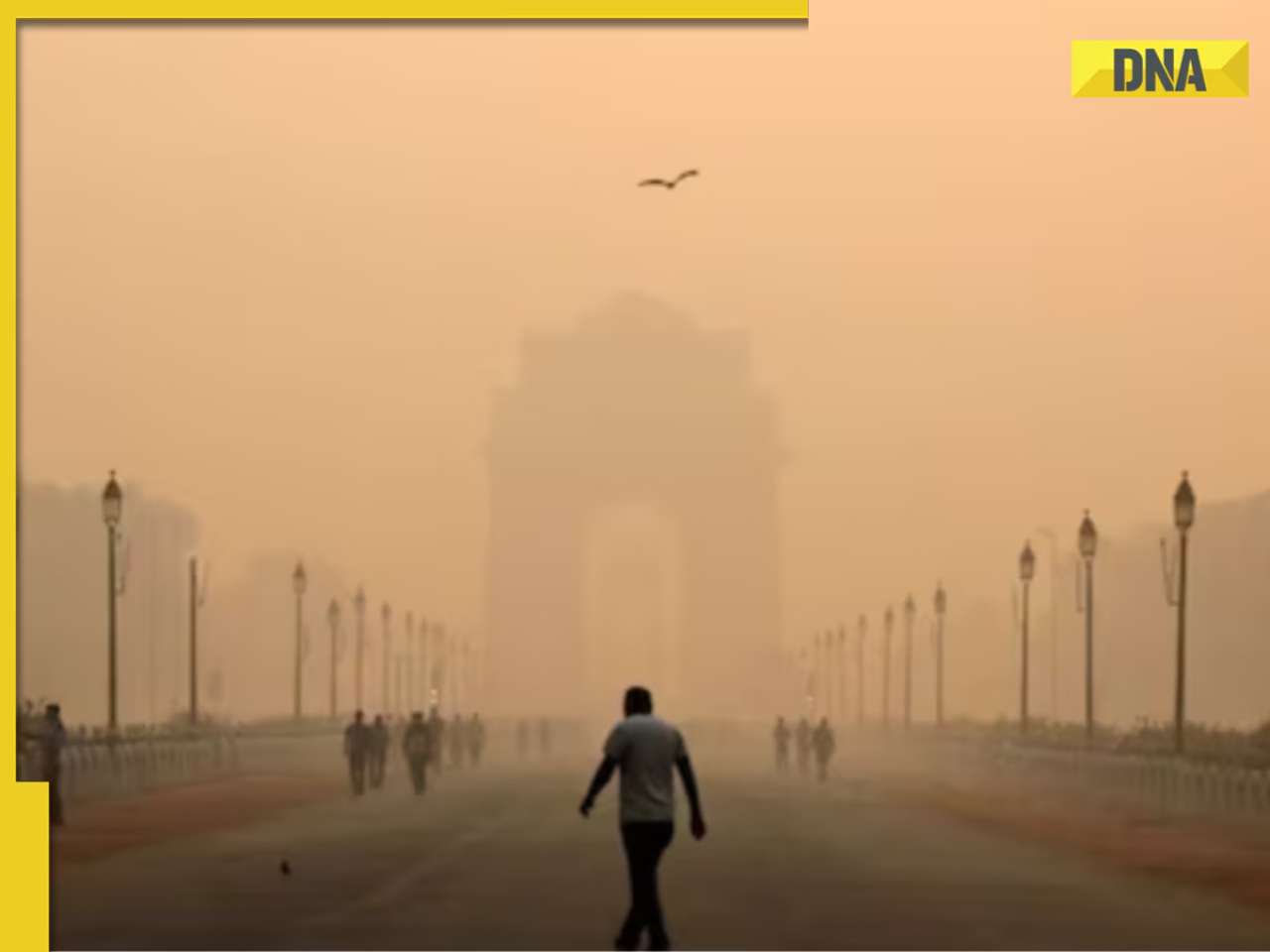- LATEST
- WEBSTORY
- TRENDING
ANALYSIS
Bangladesh Coup: How Army staged the ouster of Sheikh Hasina
Bangladesh Army has declared that they are taking over the reins of the country with a promise to form an interim government.
TRENDING NOW
Dhaka, the capital of our neighbour Bangladesh, has been burning ever since student protests started in the country in June this year. Initially, it was assumed that the sole reason for the protest was against the reservation to the families of those who fought in the 1971 Bangladesh Mukti Sangram. But later things turned ugly, and it became clearer that not only the protests were sponsored but also aimed to topple the existing Awami League government led by Sheikh Hasina Wazed.
Soon after she fled from the country, large-scale arson was reported and violent elements entered the official prime minister’s residence in Dhaka and ransacked it. They burnt the house of the Home Minister of Bangladesh and also torched the national office of the ruling party – Awami League. Large-scale violence is also reported against minorities. Under such circumstances, we must understand the entire flow of events which are important from an Indian perspective. Let us discuss them.
How the Army staged the ouster of Sheikh Hasina. Bangladesh Army has declared that they are taking over the reins of the country with a promise to form an interim government, but the bigger question is how Army came into play and how they facilitated such a large-scale military takeover in our neighbourhood. Technically speaking, military coups in Bangladesh are not new. Bangladesh inherited it from Pakistan, under whose rule they remained until 1971. There were two back-to-back military coups in 1975. It attempted several successful or failed, large or localized bids to take over the government in 1977, 1981, 1982, 1996, 2007, 2009 and 2011. And the latest one is on 5th August 2024.
There were images of Sheikh Hasina’s resignation on social media, where she is signing her resignation while being flanked by two senior military officers. Soon after she was moved from Dhaka to India in a military plane. This image and the circumstances indicate that most probably she was forced to sign her resignation and move away from the country in trade to her life.
In the last three decades, radical elements of Bangladesh, Jamaat-e-Islami to be specific, have gained significant influence not only among the common public but also in the top leadership of military and bureaucracy. Sheikh Hasina was known to crack down on various Islamic radical groups, Hence, she was on the radar of these groups. The student protests when started in June 2024 were not so violent, but later in July, they turned red with the killing of several hundred protesters in police firing.
This was the time when the radical elements swung into action and influenced Army to take over the country. Every event seems to be fairly stage-managed. Right from the resignation of Sheikh Hasina to her escape into India. It clearly indicates that the Army would have proposed a deal to her -- stay here and get killed by the angry mob or run away from this country after submitting your resignation and save your life.
This becomes clear from three events. Firstly, Sheikh Hasina's military transport which she cannot use on her own unless permitted by Army chief. Secondly, the way she moved out moments before protesters stormed her official residence indicates that this theory is correct. Thirdly, the way the Army Chief kept on postponing his press release till she moved away and entered India raises suspicion. Further, the clear statement of Army Chief General Waqar-ul-Zaman about forming an interim government clarifies that it was all stage managed by the Bangladesh Army.
Who will form the power centre now – Although in the address of Army Chief he mentioned categorically that he will facilitate an interim government with the participation of all parties, the biggest question is that since there is widespread anger against Awami League and its chairperson Sheikh Hasina, will the interim government have any representation of them? The way people are burning the houses of leaders of this party, will they have any acceptance in the absence of their own leader Sheikh Hasina, who will be the person from the party to take calls? The possibility of Awami League being part of the interim government is almost negligible and under such circumstances, the only elements this so-called interim government will have will be its primary opposition party (Bangladesh National Party) and the ultra-radical Jamaat-e- Islami of Bangladesh.
It is pertinent to know that the primary pivot of the current protests was an organization called “Islamic Chhatr Shibir” the student wing of Jamaat-e-Islami, an Islamic radical group of Bangladesh which has been banned in the past for their radical attitude and violence against minorities. Under the circumstance of them taking over the reins of the country, radicalism will grow manifold in Bangladesh and there are high possibility that it may turn into violent terrorism against the minorities. Since India has a porous border with Bangladesh, there are chances of a serious fallout for India too.
The developments in Bangladesh have put the entire South Asia under extreme pressure. Both of the eastern neighbours of India are having serious troubles. Myanmar was already under spin since the rebel groups have taken over a significant part of the country and now Bangladesh where extremist elements have taken over the streets. Bangladesh has a significant role in the Southeast Asian economy and these aspects are bound to suffer since political instability gives rise to economic instability too. At the same time, radical elements may pose a challenge to India which is the only nearest neighbor to Bangladesh. India being the second largest trade partner of Bangladesh will have its own fallouts.
Bangladesh's developments are changing rapidly and at this point of time, it is extremely difficult to say where the tides will turn. Although we are sure that the Indian government and our intelligence agencies will try their best to contain the situation, the challenge remains at large and only time has the answer.
(The author is a veteran of the Armed Forces. He is a known Defence Strategist with keen interests in international affairs, maritime security, terrorism and internal security)
(Disclaimer: The views expressed above are the author's own and do not reflect those of DNA)

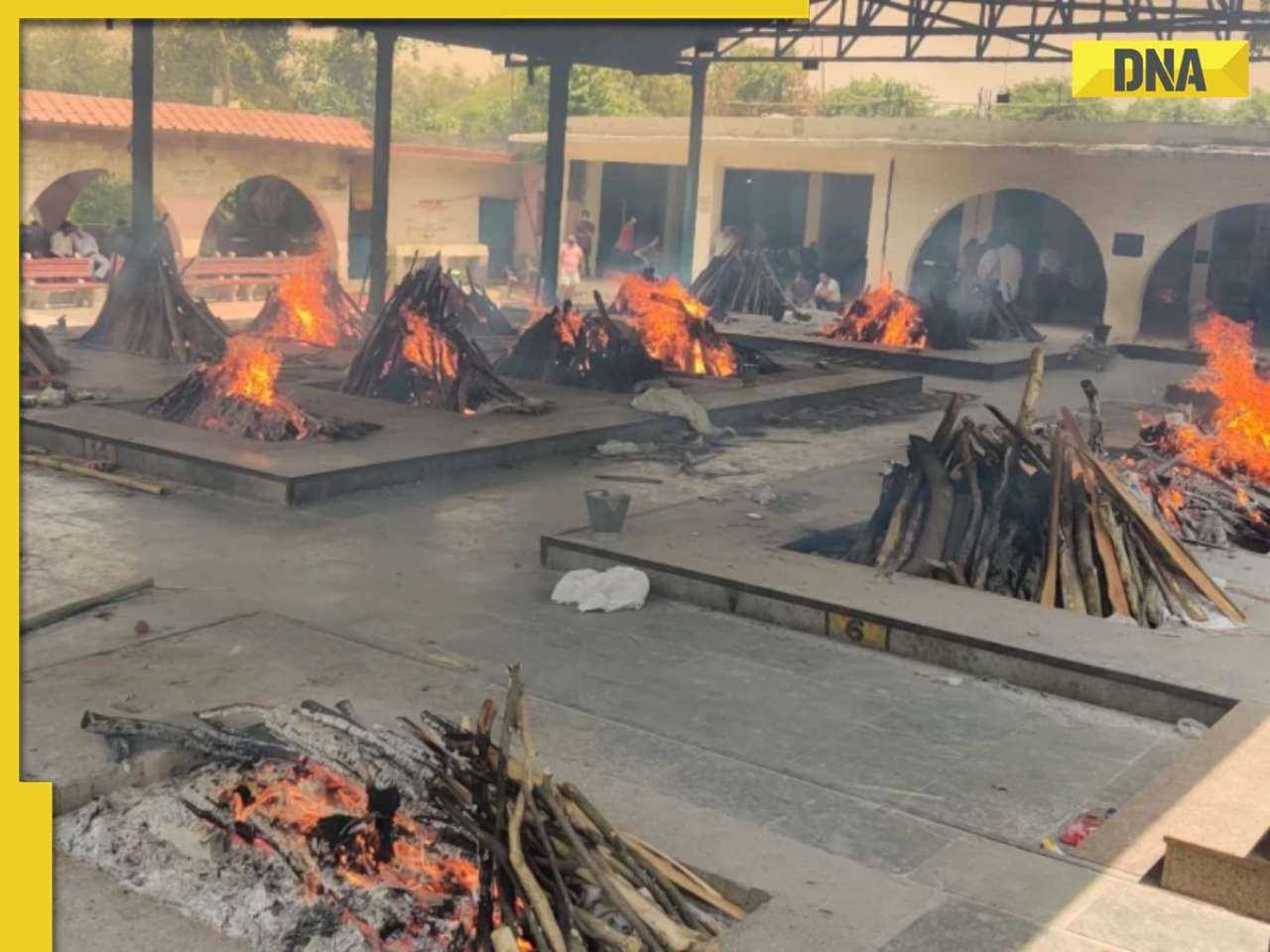





)
)
)
)
)
)
)
)
)
)
)
)
)
)
)
)








